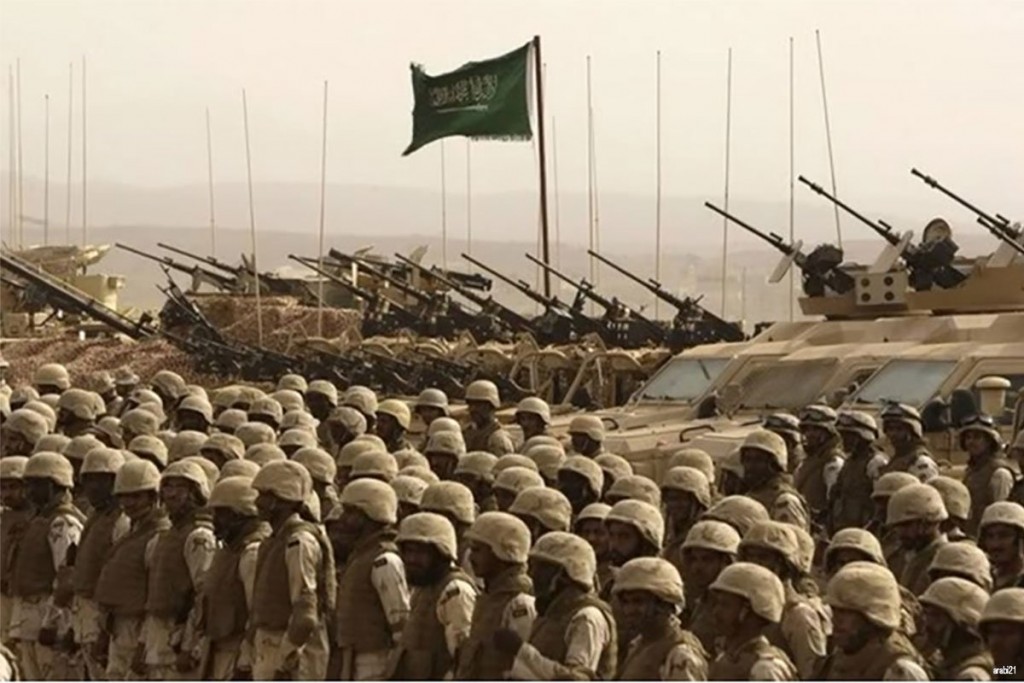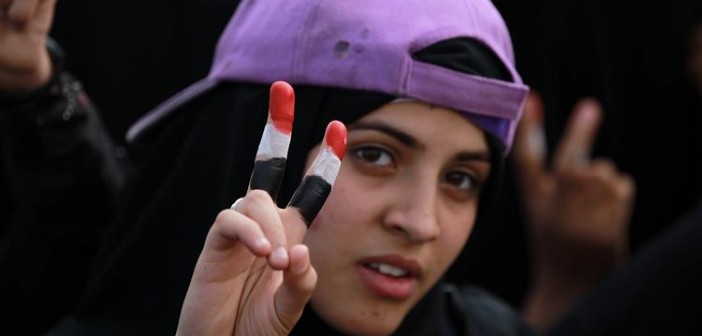Yemen’s president, Abd Rabbuh Mansur Hadi has returned to the country for the first time in six months. The president was returning to a country torn apart by war, from which he fled in the first place. But what is going on in Yemen? And why does he now think it’s right to return? BRIC Plus News tells you all you need to know, and what might be next for the Middle Eastern country.
Yemen’s ongoing civil war
The Arab Spring in 2011 resulted in a revolution in Yemen. In just over a year from the start of protests, Yemen’s government was overthrown, and President Hadi was elected with an alleged 99.8% of the vote. However, this was not the end of Yemen’s problems. Earlier in 2015, Hadi’s government was overthrown by Houthi rebels from the north of the country. Yemen erupted into a multifaceted civil war, which continues. The Houthi are Shia, and loyal to the former president Ali Abdullah Saleh, while the government forces are loyal to President Hadi, who is Sunni. Also fighting in the civil war are the extremist groups Ansar al-Sharia, and ISIS.
International actors
 [via Miraj News]
[via Miraj News]
Saudi Arabia has played a huge part in Yemen’s civil war. It has openly supported the sovereignty of President Hadi’s overthrown government, even hosting its president in exile. But it is Saudi Arabia’s military assistance that has seen itself firmly embedded into this war. Saudi Arabia’s campaign of drone bombings has been controversial. It has cleared the way for an advance of the Yemeni government forces. So much so, that President Hadi feels he is able to return for a few days. Saudi Arabia’s primary aim in Yemen is completely political. Yemen is the latest stage of the battle for supremacy in the Middle East. Iran has been arming the Houthi rebels. Yemen’s political and social problems have been overshadowed, as Yemen merely functions as the latest setting for yet another proxy war between Iran and Saudi Arabia. Saudi has been joined in Yemen by Egypt, and many others in Syria, and the impending creation of a joint Arab military force may see the fight for Yemen erupt into a truly regional struggle.
Is the end near?
It is hard to predict the end of Yemen’s civil war. The ongoing sectarian tensions, the involvement of many foreign forces, and the shadow of terrorist groups make this conflict almost as complicated as the wars in Syria. The return of the president may signal that an end may be in sight – but the fact that he is only staying for two days still places into doubt the safety of the capital, Sana’a, and the country as a whole. ISIS has claimed responsibility for a mosque bombing in the capital that killed killed 29 during Eid prayers. The country remains in a state of turmoil, and the end is not in sight. But with the military assistance of Saudi Arabia and Egypt, the government may slowly gain full control of the country – and the dissenters will be crushed.





